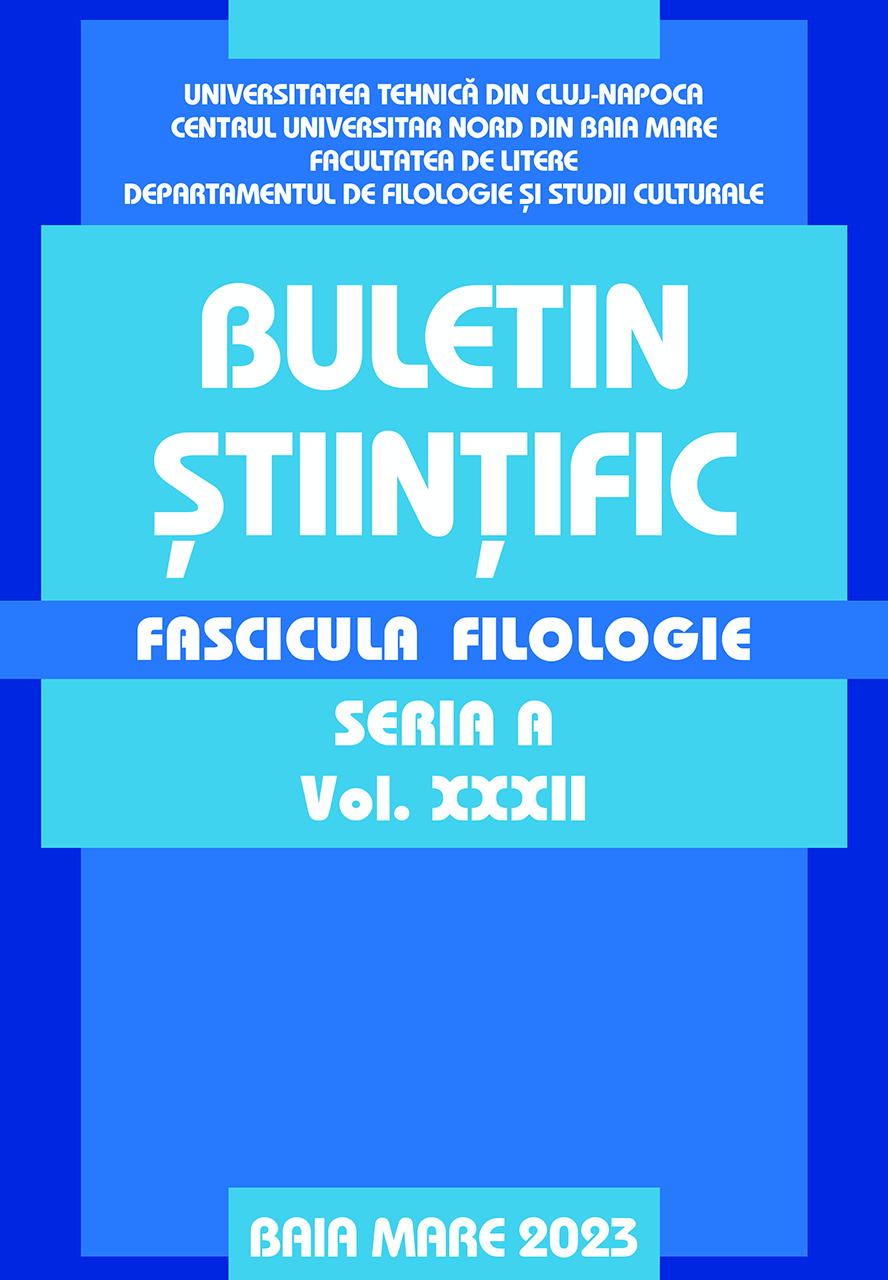Actul moral – rezultatul unei permanente alegeri
The Moral Act – The Result of a Permanent Judgement
Author(s): Daniela DuncaSubject(s): Philosophy, Ethics / Practical Philosophy
Published by: Editura U. T. Press
Keywords: morality; authority; moral norm; moral conscience
Summary/Abstract: The specificity of moral norms consists in the fact that they present common elements with other types of norms, although, strictly speaking, they constitute a separate species of rules. For a long period in the history of ethics, they were either identified with the commandments sent by God to people or were included in the category of prescriptions alongside legal norms. In both cases, however, the authority that proposes or imposes on people a certain conduct is external to the individual: God, in the case of religious norms, the state in the case of legal norms. On the one hand, the authority of the Church was sufficient to make moral distinctions; what has been qualified by the Church as good or bad, is as such. The fulfillment of moral norms, unlike religious ones, does not require the existence of institutions or intermediaries since the moral agent respects the imperatives of his own autonomous will and is responsible for the violation of moral norms first of all before his conscience. On the other hand, the typical forms of legal pressure consist of threats of punishment or unpleasant consequences in the shorter or longer term. Invoking moral norms exerts pressure both from the collective and from one's own conscience (guilt, remorse etc.). As a result, compliance with moral imperatives is not coordinated by state institutions, the church, or the judiciary. The authority that imposes moral norms and generates regulations for man's everyday behavior is the moral agent himself. The "judge" that separates good deeds from bad ones, i.e. respect or non-respect of values and moral principles, is the moral conscience, which has as its only reference the existing moral codes, accepted, and structured through education.
Journal: Buletin Stiintific, seria A, Fascicula Filologie
- Issue Year: XXXII/2023
- Issue No: 1
- Page Range: 139-151
- Page Count: 13
- Language: Romanian

